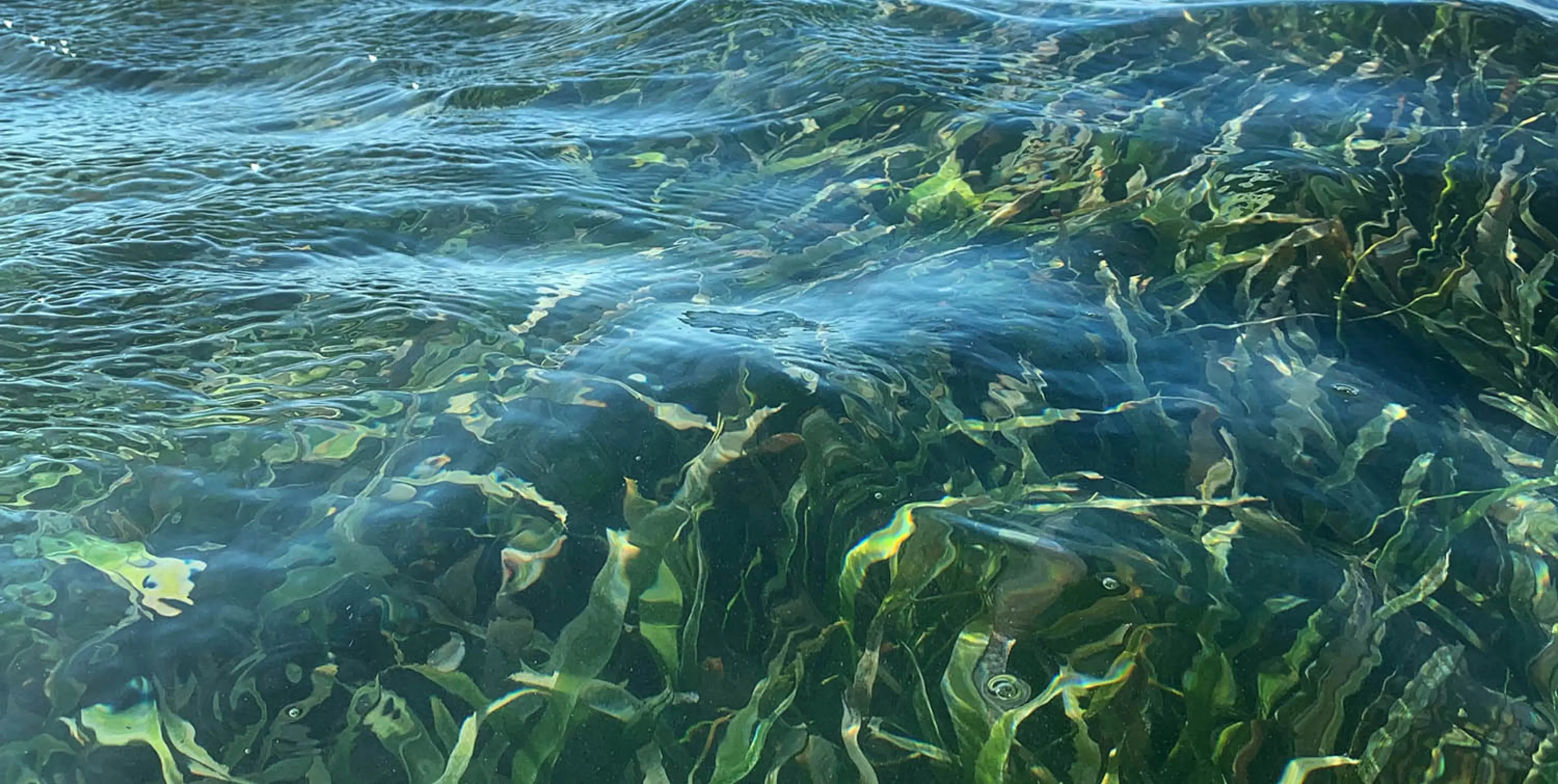
Seagrass and mangrove restoration Puerto Rico
Info
Purchase type
By funding this project you are contributing to their work. You will receive impact reports and measurements but you won't receive a carbon credit.
Categories
Background
Growing seagrass meadows and planting mangrove propagules is one of the best ways we can tackle climate change. The Ocean Foundation’s large-scale seagrass and mangrove restoration project at the Jobos Bay National Estuarine Research Reserve is being developed in close partnership with the Puerto Rico Department of Natural and Environmental Resources.
Why did we choose this project?
Seagrass is a wonder plant. It takes carbon from the atmosphere up to 35 times faster than tropical rainforests. Sadly, seagrass, which is found in shallow waters of coastal regions, has been declining globally around 7% a year since 1990 – we must reverse this trend. Planting and protecting seagrass meadows is one of the most effective ways we can tackle climate change.
Mangroves another critical “blue carbon” ecosystem, have a diverse array of holistic benefits; acting as biodiversity hotpots for many species, while buffering against extreme weather events.
How does it work?
By capturing carbon dioxide and storing it in their biomass, seagrass, salt marsh and mangrove species can reduce the amount of excess carbon in the air, thereby lessening the greenhouse gas’ contribution to climate change. The Jobos Bay National Estuarine Research Reserve project is working to restore the seagrass and mangrove habitats, having done a comprehensive needs assessment and restoration-related recommendations for improving the health of the ecosystem.
How do we know it's working?
The Ocean Foundation is undertaking detailed research at the reserve, measuring the impact of their work and drawing vital lessons for coastal protection work around the world.
Star fact
Although seagrasses account for less than 0.2% of the world's oceans, they sequester approximately 10% of the carbon buried in ocean sediment annually.
UN Sustainability Goals
Verified by Pinwheel
28 Feb 2021
Location
Puerto Rico, USA